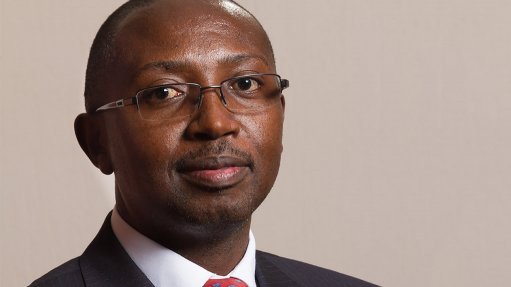
ABE THELA Cuban engineering skills are not recognised by the Engineering Council of South Africa
Consulting Engineers South Africa (Cesa) last month said it was dismayed that the Department of Water and Sanitation (DWS) was seconding 35 Cuban engineers on a two-year contract to share their expertise with South African engineers in the water sector.
The Cuban engineers include civil, electrical, mechanical and hydraulic engineers, as well as irrigation and drainage specialists.
However, Cesa president Abe Thela said the recruitment was worrying, as Cuban engineering skills were not recognised by the Engineering Council of South Africa, as they were not part of the Washington accord, which governs international engineering qualifications.
“Our member firms are only being 60% utilised and have 40% spare capacity while they are waiting for government to bring projects on stream. “It has been a sore point for Cesa that the three levels of government have acute shortages in the area of technically qualified managers. Bringing in non-English speaking Cuban engineers is not a long-term solution, since they will be here for only two years,” cautioned Thela.
Cesa suggested that government use South African engineers and consulting engineering firms to tackle the skills shortage in the public sector.
Thela added that Cesa had more than 500 qualified and professionally registered member firms with “high ethical standards and integrity to accelerate the development of infrastructure” and to help with the development of competent municipal engineers in the long term.
He believes that, by rolling out infrastructure development projects, it would create more jobs, enable experiential training and accelerate service delivery imperatives.
The South African Institution of Civil Engineering (Saice) has also criticised the DWS for importing skills when skilled people were available locally.